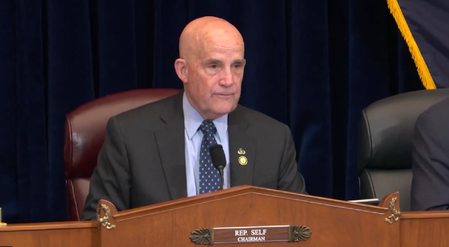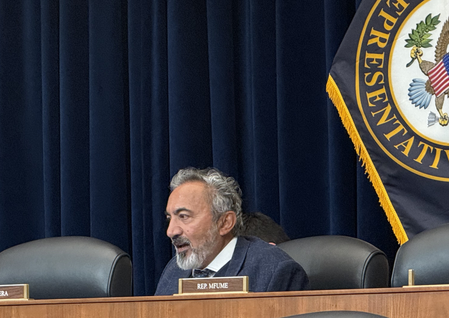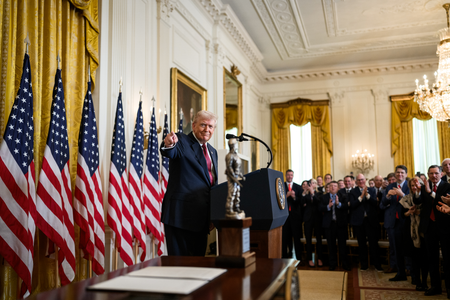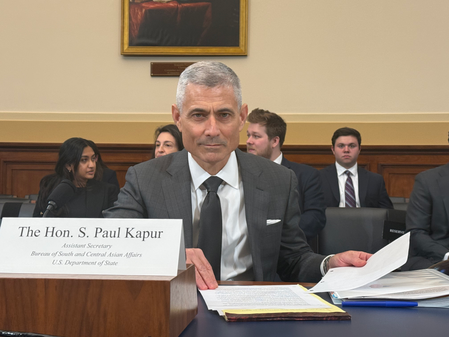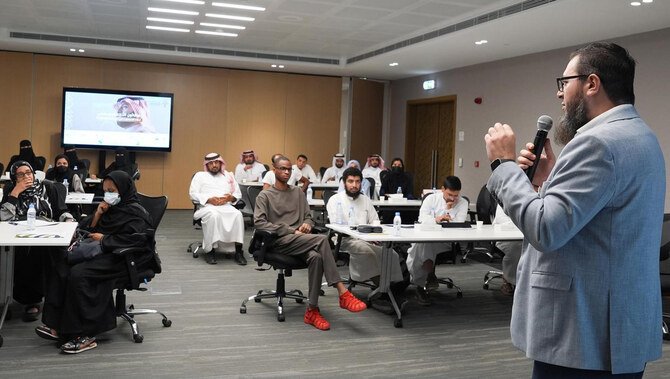
JEDDAH, 18 September: The use of artificial intelligence to revolutionize agriculture, cutting costs and improving efficiency, has been highlighted at a workshop held as part of the Madinah Dates Season.
The workshop, held at the Madinah Chamber of Commerce, brought together Prince Muqrin bin Abdulaziz University faculty, researchers, and AI enthusiasts to discuss the future of farming.
AI tools designed to monitor crop health, detect early signs of disease, and offer insights for treatment were showcased at the workshop, the Saudi Press Agency reported on Tuesday.
Devices predicting pest activity were also presented, enabling farmers to implement targeted control strategies, reducing crop losses and chemical use.
Experts explored the role of advanced electronic systems in revolutionizing Saudi agriculture, enhancing sustainability, addressing challenges, and boosting local production.
As part of this year’s Madinah Dates Season, the workshop also raised awareness of date palm varieties, nutritional value, and agricultural practices.
A dates hackathon, aiming to utilize AI in agriculture and resource management, will run until Oct. 3, with 233 teams of innovators, programmers, and students taking part.
The event’s first track focuses on creating data sets to improve date cultivation and quality, aiming for sustainable agricultural development through AI systems that enhance efficiency and cut costs.
The second track addresses challenges such as water use, pest management, and crop monitoring, promoting smart systems for irrigation and automated processes.
Entries will be judged by AI experts on data quality, diversity, and innovation, with awards for the top three teams in each track. The prize pool is SR900,000 ($240,000).
The Madinah Dates Season, organized by the Ministry of Environment, Water and Agriculture, features auctions of harvests from more than 29,000 farms, showcasing a range of date varieties.
Traditional Saudi arts, and palm waste recycling are also featured as part of the three-month season.
Madinah, with 6.5 million palm trees and an annual production of 263,000 tonnes, is central to Saudi Arabia’s food security goals and Vision 2030.



